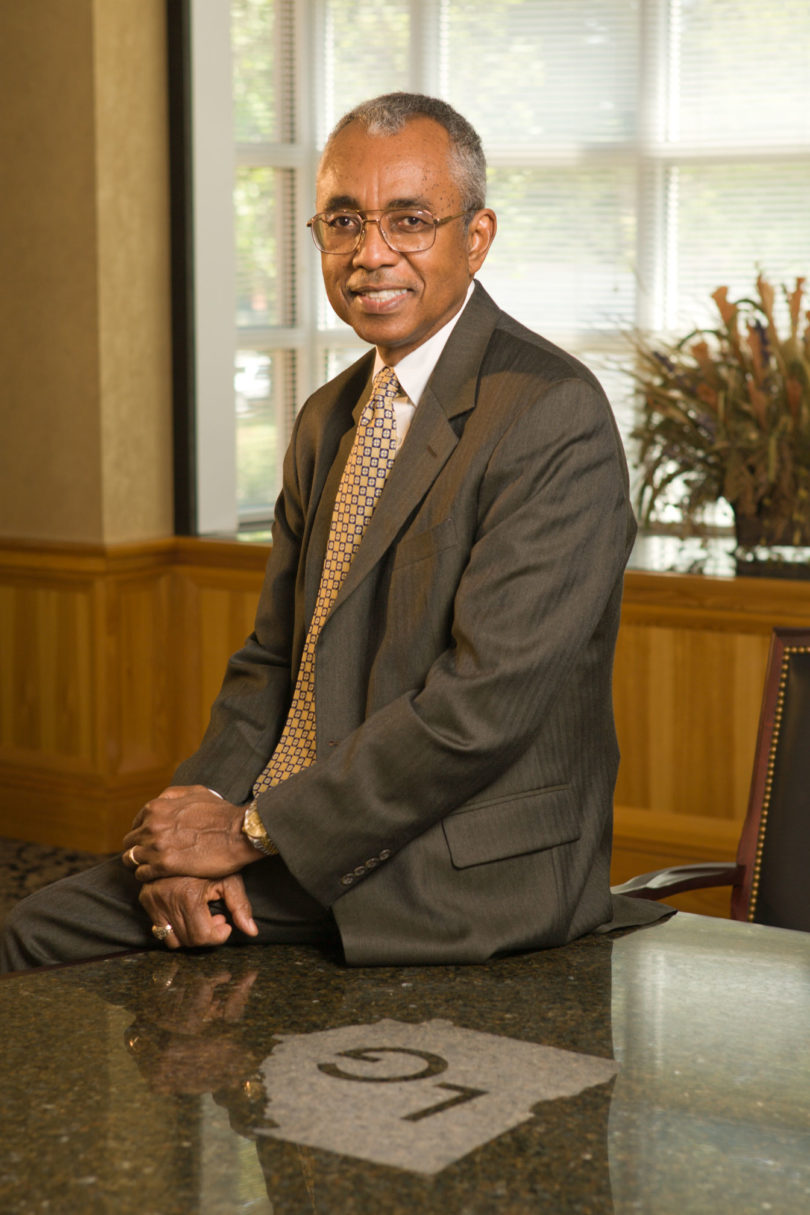Columns: Tell us about this new award for academic faculty.
Dunning: When a professor can take his or her research and apply it to the needs of a community, often with the help of students, this is referred to, nationally, as the “scholarship of engagement.” Community is often broadly defined to include locations in Georgia as well as places around the world. In applying research to community issues, faculty members may learn significant lessons that shape the direction of their research or teaching.
University of Georgia faculty members do outstanding research. Too often, however, new knowledge generated by research does not get connected in real time to the complex social, cultural or political needs facing our local communities in Georgia or the world beyond.
This new award-the Scholarship of Engagement Award-recognizes tenured faculty who have made significant contributions to communities through their research and teaching. One award will be presented each year and the honoree will receive a $5,000 faculty development grant to enhance or sustain current outreach projects or to develop new ones. We receive nominations from the nominee’s department head or dean.
Columns: Tell us about faculty member William Kisaalita, biological and agricultural engineering professor and founding member of UGA’s Faculty of Engineering, who will receive the inaugural award.
Dunning: Dr. Kisaalita has taken his research, as well as the knowledge from his discipline, to help smallholder farmers in Africa. He has done this through student-led projects. William’s students have developed milk coolers powered by renewable energy sources in Uganda. They have designed solar-powered incubators in Burkina Faso. And, most recently, his students invented a hand-operated argan nutcracker to improve the lives of women in Morocco.
Columns: Why is the scholarship of engagement important?
Dunning: Engaged scholarship addresses public problems, benefits communities and provides opportunities for students to be involved in public issues in academically rigorous ways. At “engaged institutions,” faculty and students are expected to be involved in teaching, research and service in an integrated way. Nationally, university leaders are articulating the goal of striving for full integration of our missions-teaching, research and service. This new award recognizes outreach and the importance of interweaving outreach with teaching and research.
Columns: Besides this award, how is the scholarship of engagement encouraged at UGA?
Dunning: Over the past seven years, we have worked to connect the outreach mission more closely with the teaching and research missions on campus. We’ve supported seed grant programs, faculty development programs, publications and campus-wide interest groups.
For example, the “In Georgia” and International Scholarship of Engagement Grants programs help faculty members conduct applied research or connect research to community needs through student service-learning projects. With support from UGARF (the UGA Research Foundation), we created the Poverty and the Economy Grants program.
In partnership with Cooperative Extension, we coordinate the Archway Partnership Project in four communities-Colquitt County, Washington County, Glynn County and Clayton County. Together with Vice President for Instruction Jere Morehead, we support the Office of Service-Learning, which has two faculty development programs: the Service-Learning Fellows Program and the Scholars Program. With the Institute of Higher Education, we are home to the peer-reviewed Journal of Higher Education Outreach and Engagement.
This new award is the next step in building a seamless interweaving of outreach, research and teaching at the University of Georgia. We will continue to look for ways to support faculty. I am especially interested in how we can assist faculty with the demands of their scholarship. We are hoping to support faculty with scholarship that is translational and, where appropriate, integrate outreach with our teaching and research missions.
Columns: How can faculty get involved?
Dunning: Faculty can contact my office or go to our Web site at outreach.uga.edu.





